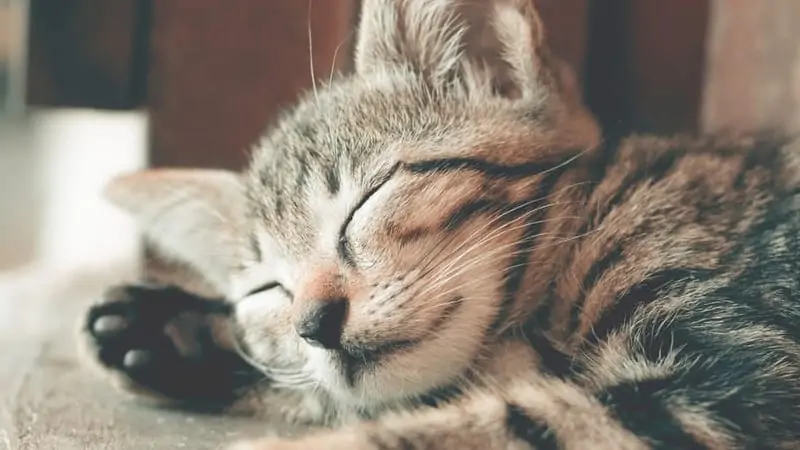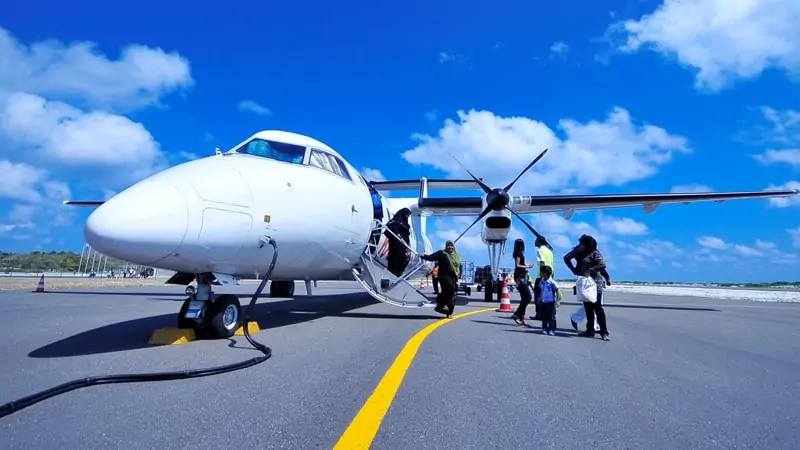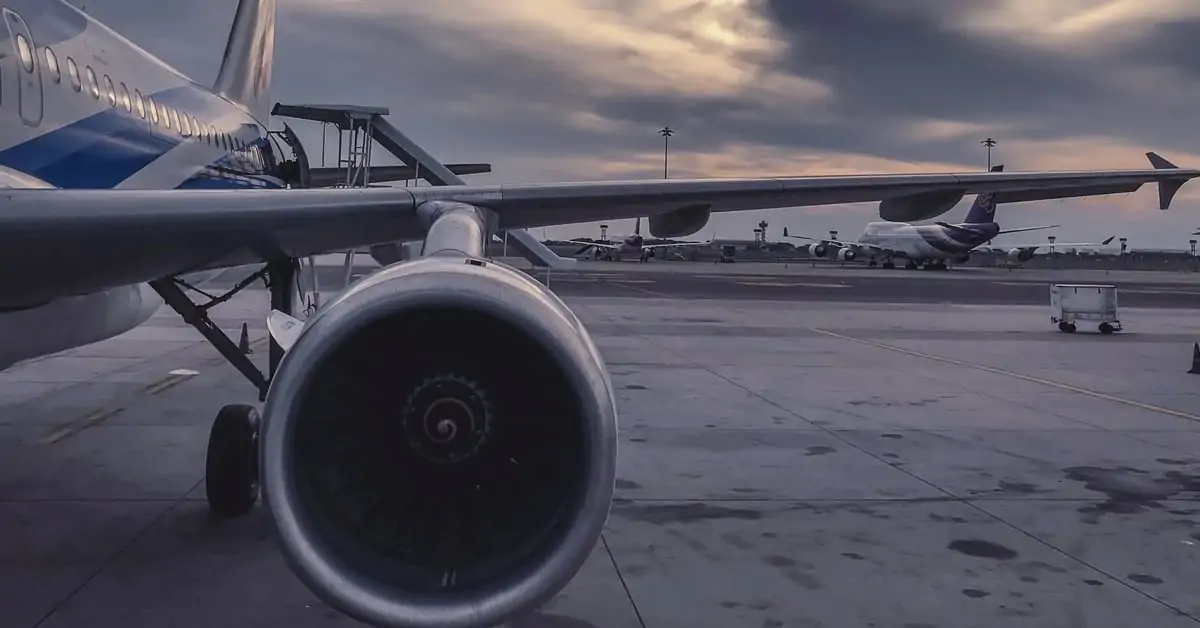Pets are now a constant sight at airports, and they travel in the holding area or the cabin with their owners. Pets are pretty similar to humans in many respects, but is jet lag one of them?
Anecdotal evidence suggests that pets do get jet lag. Although there is a little concrete research material on this, you might have noticed your pet suffering along with you as you dealt with jet lag. It is there, but not as severe as the jet lag in humans.
This article delves into jet lag in pets, considering whether they suffer from it and how long the effects last. There are also suggestions to help your pet recover from jetlag and how to prevent it.
Do Pets Suffer Jet Lag?

You might think jet lag does not affect your forever-sleeping pet, and you would be wrong to think that way. If you can rouse yourself enough to inspect your pet, you will notice it acting a little strangely after a long flight.
Jet lag is a modern-day disorder that temporarily affects your sleep-wake cycle, and it happens after long flights where a person crosses different time zones. Although the first international flight took place in 1919, “jet lag” only appeared in mainstream media in the 1960s.
The circadian rhythm is at the center of the jet lag plot, and both humans and animals have it. Two animals that do not have this rhythm functioning are a spider called the trashline orb weave and a fish called the cave-dwelling tetra.
Ultimately, there is always a potential for jet lag in animals, whether they seem immune to it or recover from it quickly. The symptoms you will notice with jet lag differ based on your pet’s natural habits.
While cats and dogs shake the effects of jet lag off faster, hens and monkeys may recover much slower. This is because some animals like hens and monkeys have a circadian rhythm similar to humans, compared to those of cats and dogs.
Social jet lag occurs when pets are active at a different time than their owner, particularly in dogs. It results in symptoms seen in regular jet lag, and both owner and the pet lose sleep.
Symptoms of Jet Lag in Pets
Every frequent flier is familiar with the symptoms of jet lag, and these symptoms differ only a little in pets. Fatigue, an inability to sleep, an upset stomach, and feeling hungry at odd hours top the symptom list in humans.
Recognizing the signs and symptoms of jet lag is the first step to dealing with it. Here are some symptoms found in cats and dogs:
Jetlag in Cats

Cats handle jet lag differently because they sleep well all day, regardless of where they are. The symptoms they experience happen because they still follow a daily rhythm for eating and sleeping, influenced by day and night. Symptoms you might notice in your cat include:
- Fatigue
- Reduced appetite
- Decreased energy
- Painful muscles and malaise
- Diarrhea
- disorientation
Jetlag in Dogs
When you arrive at your final destination, you may notice the following symptoms in your dog:
- Separation anxiety
- More accidents than usual
- Waking up and looking for food at odd hours.
- Disorientation
- Lethargy
Remember that cats and dogs recover quickly, so look out for prolonged symptoms.
How Long Do the Effects of Jet Lag Last?
Jet lag is usually a short-term problem that the body fixes by adjusting its circadian rhythm to the local time. The effects of jet lag should not remain for more than a day or two for both you and your pets.
If any of the symptoms above extend for more than 48 to 72 hours, something else may be at play here, and you should take your pet to the vet.
Apart from jet lag, the altitude during the flight can cause your pet to feel after the flight. Sore muscles, fatigue, malaise, and dehydration are some symptoms you may observe in your pet.
How to Help My Pet Recover from Jet Lag?
There are a few ways to speed up your pet’s recovery from jetlag, and they are:
- Exposure to sunlight–one component of the circadian rhythm is sunlight, so adequate exposure to sunlight can help your pet recover from jet lag. Allow them to roll around in the sun and soak up the sunlight.
- Hydration–drinking a lot of water keeps your pet healthy and facilitates recovery from jet lag.
- Diet- animals like humans have a food clock. For animals, they do not sleep until they find food. Feeding your pets a little while after settling at your destination can help them recove, since they sleep right after eating.
- Exercise–doing some exercise can wear your body out in a good way, stretch your muscles, and help you recover quickly. It also works for your pet! Go for a walk or jog with your pet.
- Pets and humans alike recover quickly from jet lag when they travel West.
Can Jet Lag Be Prevented?

Although there are no approved medications to prevent jet lag, there are some simple steps you can take to avoid jet lag for your pet. Outlined below are the steps:
- Get enough rest before you depart.
- Plan a departure and arrival time that matches your and your pet’s habits.
- Adjust feeding and sleeping times before departure
You can slowly move feeding and sleeping times to match your destination’s time zone. Gradually shift the time backward or forward according to your destination’s time, and you will be used to it by the time you are ready to travel.
Start with 30-minute to 1-hour increments to allow time for a total change. Cats and dogs will make this transition easier than humans because they already have flexible sleeping patterns.
As long as your pet has a biological clock that it follows, it is susceptible to jet lag any time it crosses time zones. Besides the usual stress of traveling and what comes with it, look for jet lag symptoms and help your pet recover as you do so yourself.

